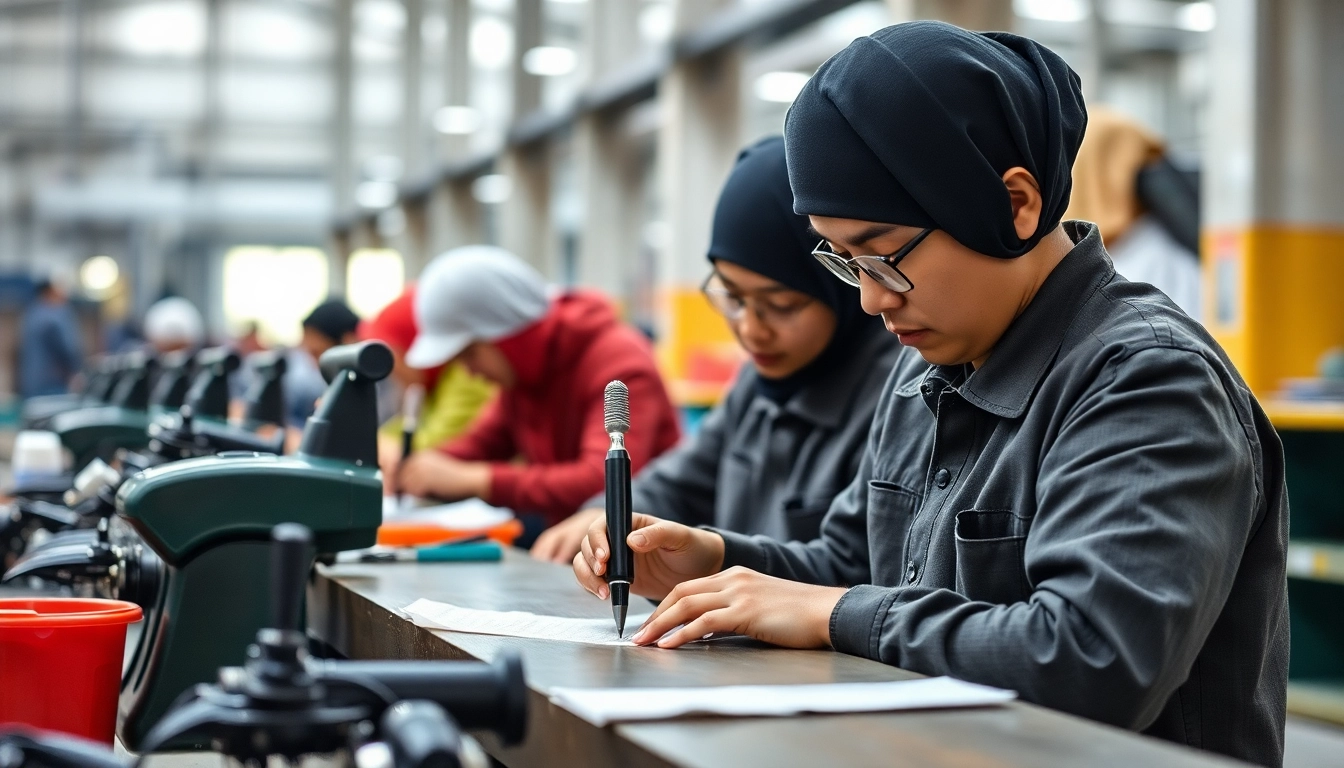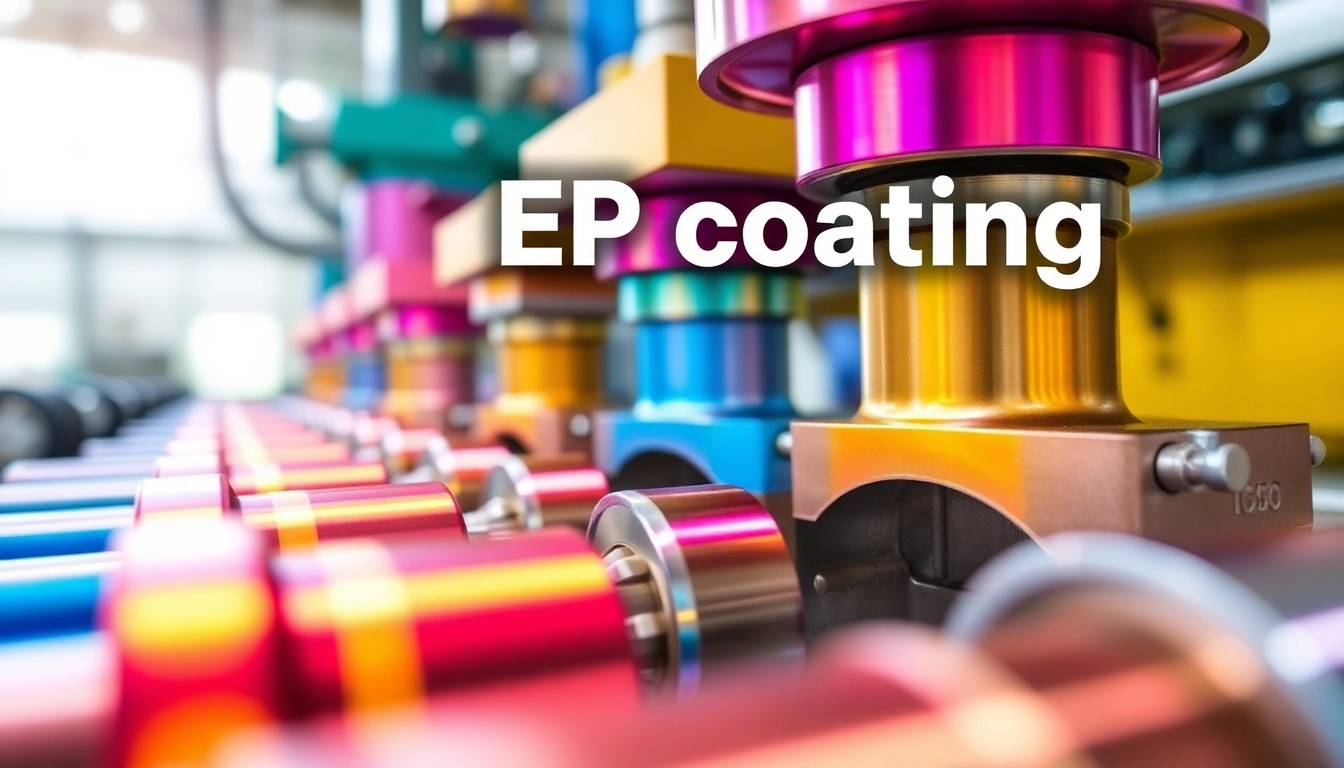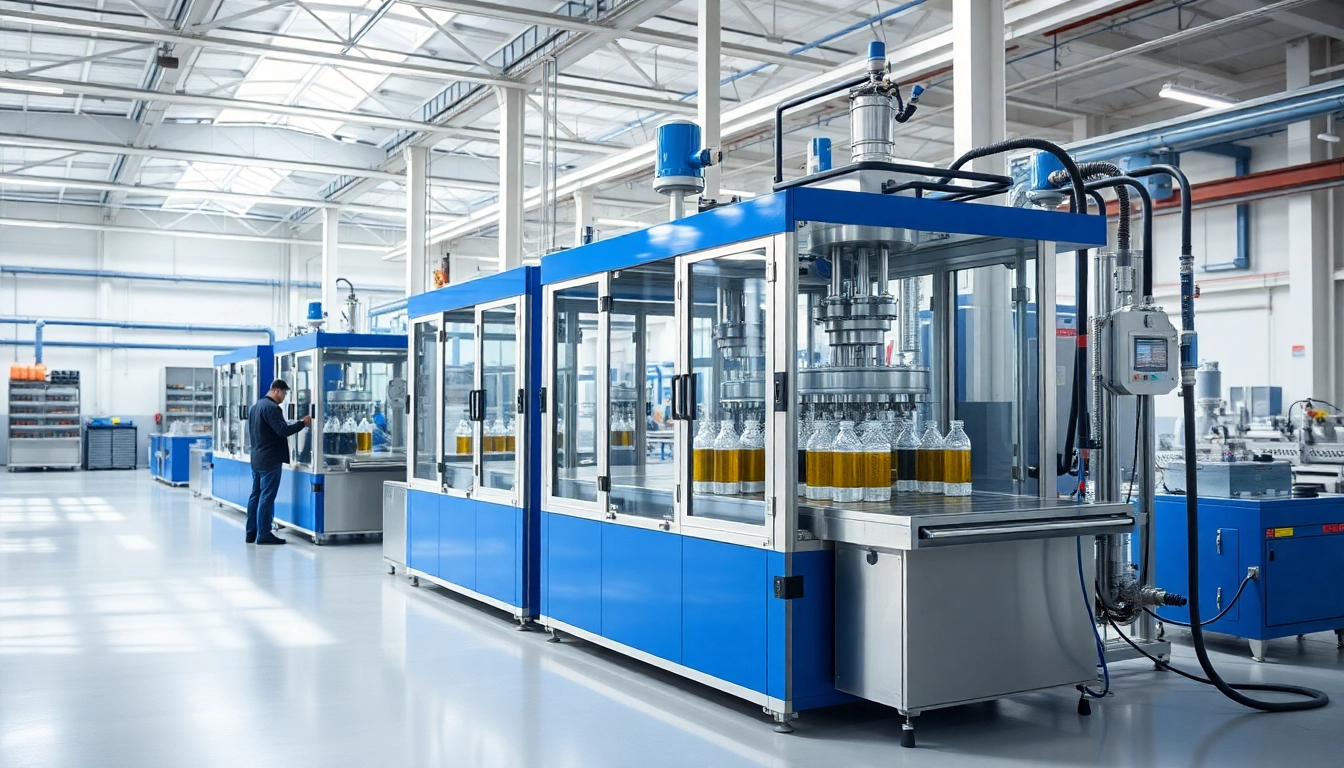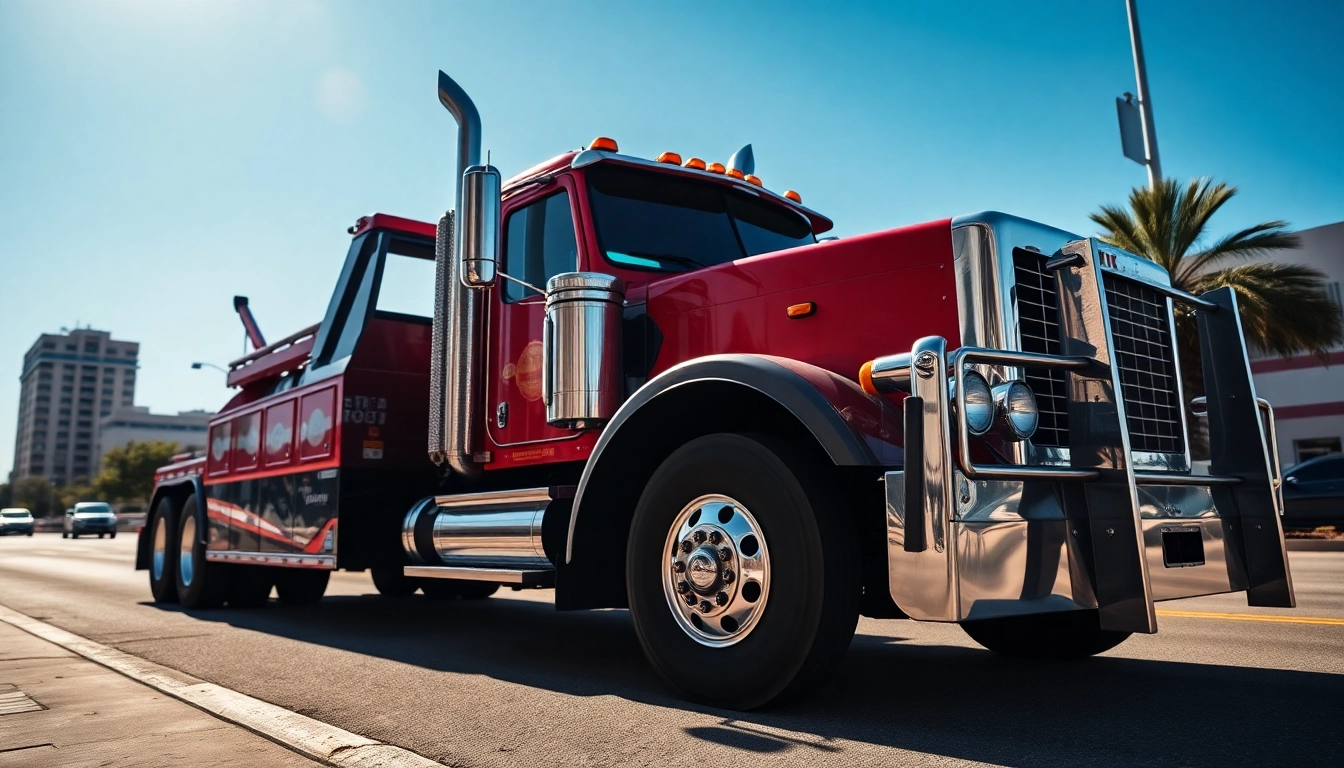Understanding Filling Machines
What is a Filling Machine?
A filling machine is a device designed to dispense a specific volume of liquid or product into a container. These machines are pivotal in production lines across various industries, contributing to automation, efficiency, and consistency in product delivery. Filling machines can handle many liquids, from water and juices to sauces and chemicals, making them indispensable tools in manufacturing settings. The technology behind filling machines has advanced significantly over the years, incorporating innovations that improve precision, speed, and scalability.
Types of Filling Machines
Filling machines come in various types, each suited to different applications based on the characteristics of the product being filled and the production requirements. The main categories include:
- Volumetric Filling Machines: These machines fill containers based on volumes specified through calibrated systems. They are ideal for products with consistent viscosity.
- Gravity Filling Machines: Leveraging gravity, these machines fill containers by allowing the product to flow from a storage tank through a nozzle. This method works well for thin liquids.
- Piston Filling Machines: Designed for thicker liquids, piston filling machines use a piston to displace the product and ensure accurate and repeatable fills.
- Pressure Filling Machines: These machines use pressure to push liquid into the containers, suitable for carbonated beverages.
- Timed Flow Filling Machines: These use a specific time to fill essentially for free-flowing products.
- Net Weight Filling Machines: This type measures the weight of the product being filled, offering high accuracy for bulk items.
Applications Across Industries
Filling machines play a crucial role across multiple sectors:
- Food and Beverage: Used for filling juices, sauces, oils, and many other consumable products.
- Pharmaceutical: Essential for filling vials, syringes, and other containers with medicine, maintaining strict hygiene and accuracy standards.
- Cosmetics: Filling machines cater to various cosmetic products like lotions, creams, and essential oils.
- Chemical: Suitable for filling industrial chemicals and other hazardous materials, ensuring safety and compliance.
Key Features of Quality Filling Machines
Accuracy and Precision
One of the defining features of high-quality filling machines is their ability to deliver accurate and precise fills. Accuracy minimizes waste and ensures product quality, particularly crucial in industries where even slight deviations can affect compliance and customer satisfaction. Many modern filling machines are equipped with advanced sensors and feedback systems that fine-tune the fill process, allowing for adjustments based on variations in bottle size, shape, and product viscosity.
Speed and Efficiency Enhancements
Speed is another critical factor in filling machine technology. As production demands grow, the need for faster machines becomes apparent. High-speed filling machines can increase throughput while maintaining quality, resulting in better overall productivity. Automated systems equipped with advanced robotics can manage multiple tasks concurrently, reducing downtime and ensuring continuous production flow.
Customization Options
Modern filling machines offer customization to meet unique production needs. These options include adjustable fill volumes, various nozzle sizes, and interchangeable parts that facilitate easy switching between different product types. Manufacturers may provide tailored solutions that match the specific requirements of a business, allowing them to scale their operations efficiently.
Top Filling Machine Manufacturers
Industry Leaders and Their Offerings
The landscape of filling machine manufacturers showcases several industry leaders who have distinguished themselves through innovation and reliability:
- Accutek Packaging Equipment Company: Recognized for a wide range of filling equipment catering to various product types and container sizes, Accutek is a favorite among those seeking reliable and versatile filling solutions.
- Cozzoli Machine Company: They specialize in liquid filling machines, capping machines, and sterilization systems, making them a comprehensive solution provider for industries requiring utmost precision.
- Volumetric Technologies: An American leader in bottle-filling technology, they focus on reliable designs and offer customizable systems tailored to specific production needs.
- Oden Machinery: Oden stands out with its extensive range of filling systems for various industry applications, ensuring quality and performance.
- E-PAK Machinery: Renowned for their liquid filling machines, E-PAK also provides cappers and labelers, making them a one-stop shop for bottling solutions.
- Filling Equipment Co Inc: Specializing in the design, sale, and repair of filling machines, Filling Equipment Co Inc. has built a reputation for quality and customer support.
Comparative Analysis of Suppliers
When evaluating filling machine manufacturers, businesses should consider various factors such as technology offerings, customer service, pricing models, and warranty terms. For instance, while some brands may focus on high-speed machines, others may excel in offering versatile machinery capable of handling a broader range of products. In addition, the geographical location of suppliers can affect shipping costs and lead times, making it essential to evaluate local versus international suppliers based on operational needs.
Client Reviews and Testimonials
User feedback can provide invaluable insights into the performance and reliability of filling machines. Prospective buyers should seek client reviews and testimonials to gauge the effectiveness of a manufacturer’s equipment. Websites such as Filling Machine Manufacturers often feature reviews that help businesses identify the most suitable options based on real-world experiences. Positive reviews often iterate the longevity, service support, and operational efficiency of the machines, thus influencing purchasing decisions.
Choosing the Right Filling Machine for Your Needs
Assessing Your Production Requirements
Selecting the right filling machine begins with a comprehensive assessment of an organization’s production needs. Businesses must consider factors such as:
- The type of product to be filled
- Container sizes and shapes
- Desired production speed
- Budget constraints
- Potential for scalability
Such evaluations may include pilot runs or consultations with manufacturers to test machine performance before finalizing a purchase.
Cost Considerations and Budgeting
Investing in filling machines is often a significant financial commitment for businesses, necessitating careful budget planning. The total cost of ownership should include not only the initial purchase price but also operational costs such as maintenance, energy consumption, and potential downtimes. Comparing machines across different manufacturers based on total cost can yield insights into which models will provide the best return on investment.
After-Sales Support and Service
After-sales support is a crucial element when dealing with filling machine suppliers. Businesses should inquire about the availability of service contracts, warranty plans, and the speed at which service can be provided. A reliable support network can mitigate potential losses due to machine downtime, ensuring ongoing productivity in manufacturing lines.
The Future of Filling Technology
Innovative Trends in Machine Design
The landscape of filling machines is rapidly evolving, with innovations aimed at enhancing efficiency, safety, and functionality. Emerging technologies such as modular designs, high-speed automated filling lines, and IoT integration are becoming increasingly popular. These advancements allow for high adaptability in production settings and the capacity to meet fluctuating market demands.
Integration of Smart Technology
The future of filling machines also lies in the integration of smart technologies. Data analytics, machine learning, and AI can provide valuable insights into machine operation, enabling predictive maintenance, optimizing production schedules, and improving product quality. Enhanced monitoring systems can notify operators of issues before they escalate, ensuring consistent production without interruptions.
Environmental Considerations in Manufacturing
As the world moves towards sustainability, filling machine manufacturers are increasingly considering environmental impacts. Innovations such as energy-efficient motors, recyclable materials for machine parts, and systems that reduce waste during the filling process are becoming standard. Businesses that prioritize sustainability in their operations can benefit from enhanced brand reputation and compliance with growing regulations regarding environmental responsibility.




